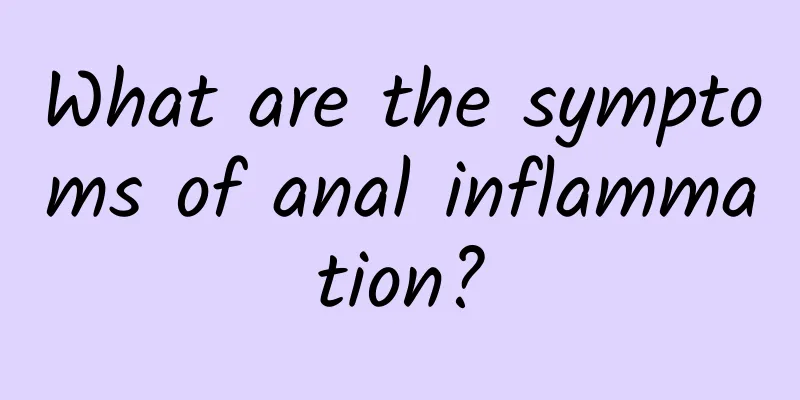Best foods for bile reflux gastritis

|
Bile reflux is a manifestation of chronic gastritis. When bile reflux occurs, the patient will feel a feeling of fullness, a burning sensation in the stomach, as well as dull pain, bitter mouth and dry throat. When bile reflux occurs, it is related to mental and emotional fluctuations and eating too much greasy food. Therefore, in order to alleviate the phenomenon of bile reflux, you must change your eating habits. 1. Avoid spicy food. In daily diet, patients should try to avoid eating irritating foods, such as chili peppers, peppercorns, curry, etc., as these foods will seriously irritate the gastric mucosa. Not only spicy foods can irritate the gastric mucosa, but there are also many medicines in life that can also cause varying degrees of irritation to the gastric mucosa, such as aspirin, indomethacin, analgesics and phenylbutazone. 2. Low-fat diet. It can be said that a low-fat diet is the key to the dietary treatment of bile reflux gastritis. If the fat content in the food is too high, it will seriously stimulate the secretion of cholecystokinin and also lead to a decrease in the tension of the lower esophageal sphincter, thereby promoting gastroesophageal reflux and causing various discomfort symptoms to the patient. 3. Cooking method. When cooking, you should try to avoid using fat, butter and cooking oil, as these oils usually contain a lot of fat. It is best to use cooking methods such as boiling, stewing, blanching, stewing and steaming, which can effectively reduce the patient's fat intake and thus relieve various discomfort symptoms. 4. Eat more protein foods. At the same time, you should also pay attention to eating more protein-rich foods. These foods can stimulate the secretion of gastric acid and gastrin, and gastrin can increase the tension of the lower esophageal sphincter, thereby effectively inhibiting gastroesophageal reflux. 5. Eat a light diet. Your daily diet should be light as much as possible, and you should also pay attention to eating soft and delicate foods. At the same time, you should try to avoid eating foods that can cause a decrease in the tension of the lower esophageal sphincter, such as strong tea, coffee, cocoa, chocolate, fresh lemon juice, etc. These foods and drinks will irritate the gastric mucosa and cause various discomfort symptoms. 6. Avoid drinking and smoking. Because tobacco contains nicotine, it can reduce the pressure of the lower esophageal sphincter, causing it to relax and aggravate reflux. Smoking can also reduce the blood flow to the esophageal mucosa, inhibit the synthesis of prostaglandins, reduce the body's resistance, and make it difficult to recover from inflammation. 7. Do not eat when you are in a bad mental state such as being excited, depressed, etc. To prevent emotional changes from affecting the secretion of digestive juices, you should eat small meals frequently. |
<<: Learn these tricks to easily deal with gastric mucosal damage
>>: Five magic weapons to help repair gastric mucosa and protect your gastrointestinal barrier
Recommend
What are the essentials of cupping?
Cupping is a method of treating diseases in Tradi...
Causes and treatments of high uric acid levels
When it comes to uric acid, we are all familiar w...
What happens if arthritis becomes severe?
Arthritis is a common disease among middle-aged a...
Boys' left lower abdomen pain
Abdominal pain is often a sign of illness. In dai...
Treatment of pyelonephritis
Due to the continuous changes in people’s living ...
Is the purple and black color on the back after scraping serious?
Gua Sha, as a physical therapy method in traditio...
Does stickiness remove moisture?
I believe everyone is familiar with dampness. Man...
Is it normal to have red bumps at the base of the tongue?
The surroundings of people are not smooth, there ...
Why does the baby have a fever in the upper body?
Children are prone to fever as they grow up, and ...
What causes epigastric pain?
Gastrointestinal function is the most critical pa...
Medicine to relieve rapid heartbeat
Tachycardia is quite common in life, and there ar...
How to check renal failure effectively?
Renal failure is a relatively common disease. Aft...
Acupoint health care is not that simple
Among the health-preserving craze that has become...
Polio can be treated in four ways
Clinically, polio can easily leave serious sequel...
What ointment is good for tinea pedis
The occurrence of tinea pedis and tinea manuum is...









